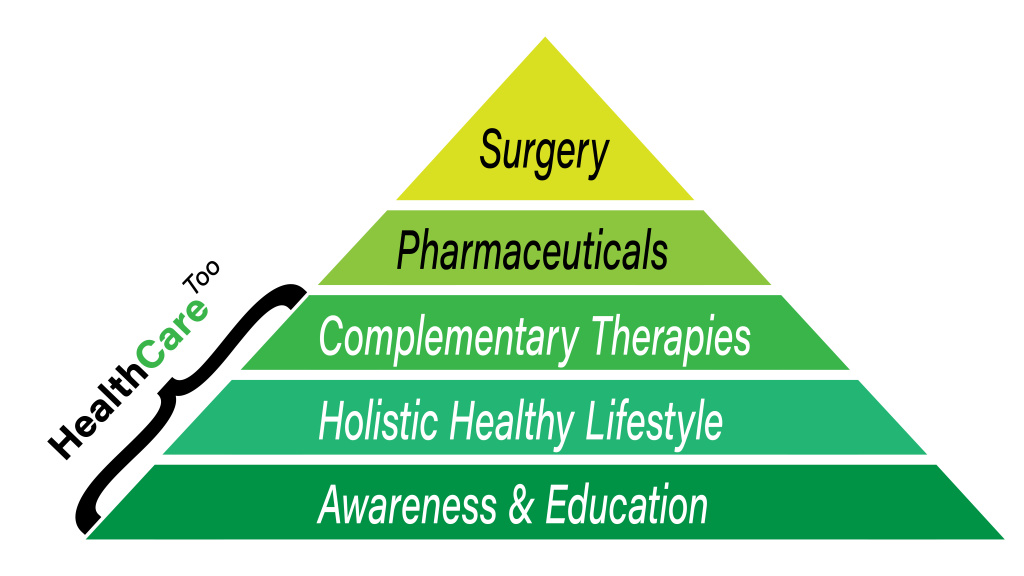Sleep Impacts Your Wellbeing
Sleep matters. Arianna Huffington, founder of The Huffington Post, shared a moment where she passed out at her desk and awoke with a pool of blood. Since then she started taking better care of herself, including proper sleep, and reaped the wellbeing benefits. Slowly, others have also begun to understand that sleep impacts your wellbeing.
According to the report ‘Sleep Matters: The Impact Of Sleep On Health And Wellbeing’¹, ‘people who have slept poorly are likely to suffer from fatigue, sleepiness during daytime, poor concentration, irritability, memory loss, depression, frustration and a weakened immune system. [In addition], poor sleep can negatively impact on people’s daily lives, with inevitable consequences for mental health. People who are suffering the effects of low mood, who have less energy to exercise, or are experiencing difficulty in personal relationships are more likely to develop mental health problems.’
“Sleep isn’t just about sleep, it regulates our circadian rhythms and hormone levels,” explains Dr Ranj Singh, doctor, TV presenter and Sleepeezee ambassador. “There are certain hormones that are secreted at night time and they need the chance to work. If sleep is disrupted, hormone levels can become disturbed which can effect growth, tissue repair and even fertility – it’s all related. Sleep is not just about just feeling less tired, it’s about conditioning your body to function optimally.
”Having a good night’s sleep, on the other hand, has been proven to help repair and restore your brain and body, and put you in a better mood. But we know what you’re thinking: does a good night’s sleep even exist anymore, what with modern life’s high-stress levels?! It can, if you make some simple lifestyle changes to encourage a restful, undisturbed slumber.
Source: Sleep Impacts Your Wellbeing And Mental Health, So Here’s How To Improve Your Slumber | Grazia
You may also enjoy Light Is The New All Natural Ingredient For Health And Wellness




